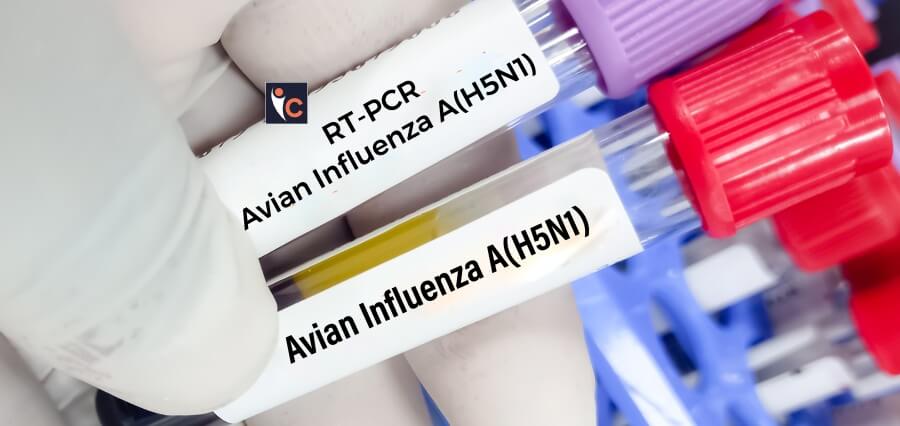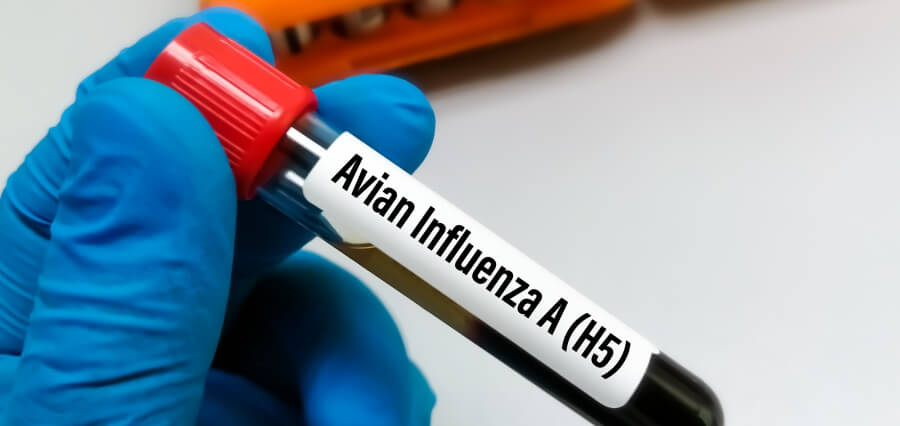Cancer
Researchers at the University of Kansas, the University of Kansas Cancer Center and KU Medical Center have recently invented a new ultrasensitive diagnostic device that could be beneficial in detecting cancer.
The ‘lab-on-chip’ is called as ‘3D Nanopatterned Microfluid Chip’. This device could allow doctors to detect cancer quickly from just a droplet of blood or plasma, which would lead to appropriate interference and better results for patients.
The study explains that the device identifies and diagnoses cancer by ‘filtering’ exosomes; which are small vesicles produced by eukaryotic cells. In the case of cancer cells, exosomes subsume biological information leading to tumor formation.
It has also been surveyed by the researchers that, traditionally, people supposed that exosomes were ‘trash bags’ that cells could utilize to dump undesirable cellular contents. Afterward, scientists realized that they were quite useful for sending messages to the recipient cells and communicating molecular information in various biological functions. “Typically, tumors send out exosomes packaging active molecules that reflect the biological features of the parental cells. Though all cells produce exosomes, tumor cells are very active compared to normal cells,” said Yong Zeng, the lead author, Docking family Scholar and an Associate Professor of Chemistry at KU.
The inventive lab-on-chips’ key innovation is a 3D nano-engineering method that amalgams and senses biological elements based on a herringbone pattern and pushes exosomes into contact with the chip’s sensing surface more efficiently in the mass transfer process.
The new microfluidic chips are also cheaper and easier that would allow for wider and less-costly testing for patients. Regarding its cost-effectiveness, Zeng said, “This is so simple and low-cost device and has great potential to translate into clinical settings. We and Sr. Godwin have been working together with other research labs at The KU Cancer Center and the molecular biosciences department to further discover the translational applications of the technology.”
According to Zeng, with the microfluidic chip’s design which is now proven using ovarian cancer as a model; the chip could be useful in detecting a host of other diseases.
Read More News: Click Here









